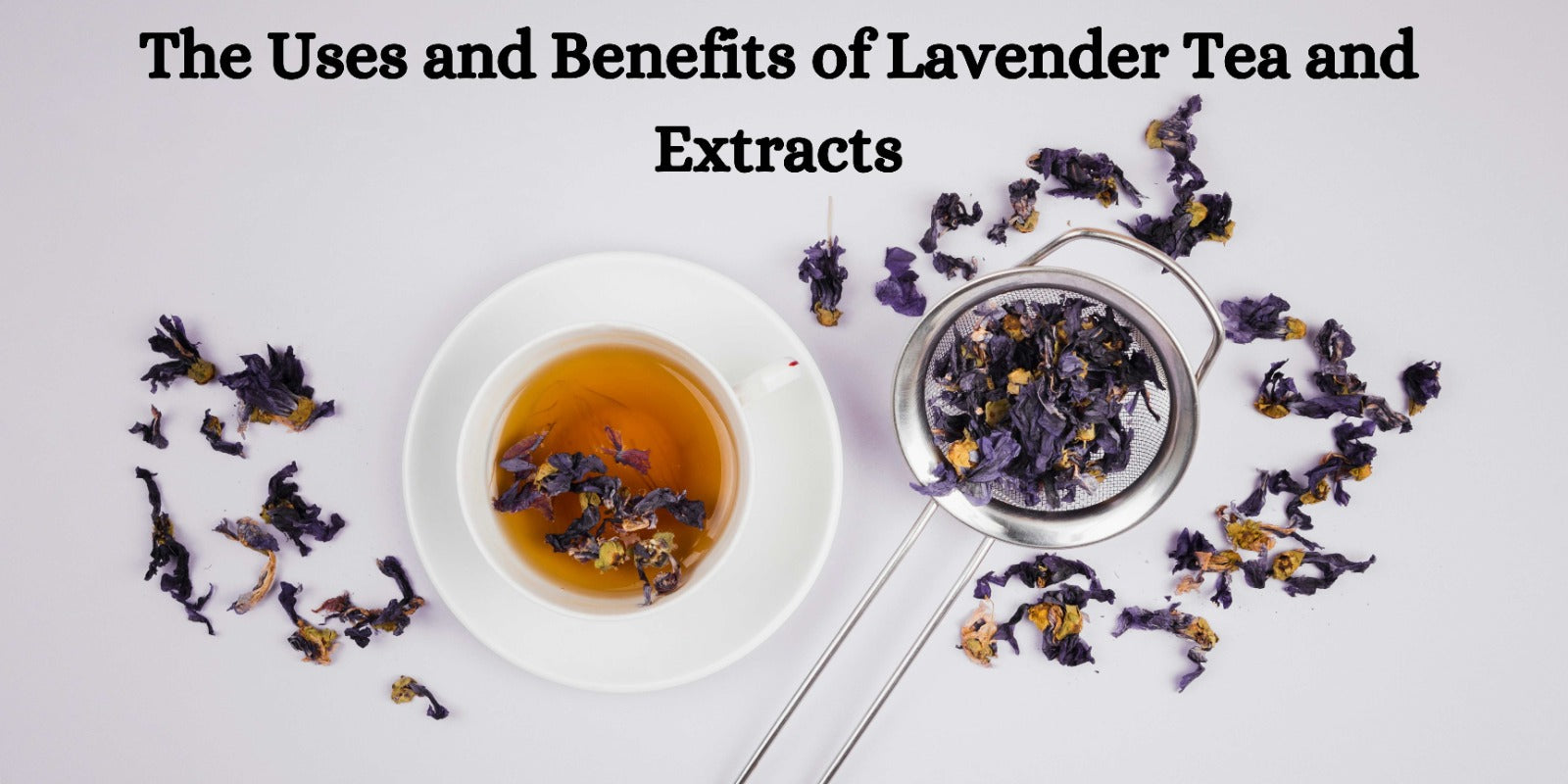A healthy lifestyle, with a focus on nutrition, is crucial for those living with diabetes. While people with diabetes need to monitor their carbohydrate and sugar intake, beverages like tea can offer some potential benefits. Tea is a popular drink around the world and comes in many varieties, some of which may help with managing blood sugar levels and overall health. However, like with any food or drink, it's important to understand the benefits and risks associated with tea consumption for people with diabetes.
In this blog, we'll explore the relationship between tea and diabetes, the benefits, risks, and types of teas that people with diabetes can try.
Benefits of Tea for People with Diabetes
-
May Help Lower Blood Sugar Levels
Multiple studies suggest that certain types of tea, such as green tea and black tea, may help regulate blood sugar levels. These teas contain compounds like polyphenols and catechins, which have antioxidant properties that may improve insulin sensitivity. This could help the body use insulin more efficiently, leading to better blood sugar control. -
Rich in Antioxidants
Teas, particularly green tea and white tea, are packed with antioxidants. Antioxidants help reduce oxidative stress, which is associated with complications of diabetes such as heart disease and nerve damage. Drinking tea regularly could potentially lower the risk of these complications by protecting cells from damage caused by free radicals. -
Promotes Heart Health
People who have diabetes often experience heart disease. Teas like black tea and oolong tea contain antioxidants known as flavonoids that are believed to improve heart health. Flavonoids can help lower blood pressure and reduce cholesterol levels, both of which are important factors in maintaining a healthy heart. -
Calorie-Free Beverage Option
Unsweetened tea is a calorie-free drink, making it an excellent option for people with diabetes who are trying to manage their weight. Being overweight or obese can make blood sugar levels more difficult to control, so replacing sugary beverages with tea can support weight management efforts and prevent blood sugar spikes.
Risks of Tea for People with Diabetes
While tea offers several benefits, there are also some potential risks for people with diabetes, especially if the tea is not consumed in its healthiest form:
-
Added Sugars and Sweeteners
One of the biggest concerns with tea for people with diabetes is the addition of sugar or sweeteners. Sweetened teas, like many iced teas or flavored bottled teas, can contain high amounts of sugar, which can lead to blood sugar spikes. It's important to choose unsweetened tea or use natural sweeteners like stevia that don't impact blood sugar. -
Caffeine Content
Many teas, such as black tea and green tea, contain a certain amount of caffeine.. While moderate caffeine consumption is generally safe for people with diabetes, consuming too much caffeine can lead to increased heart rate, anxiety, or even blood sugar fluctuations in some individuals. For those who prefer a caffeine-free option, decaffeinated tea or herbal teas are excellent choices. -
Interaction with Medications
Some types of tea, especially herbal teas, can interact with diabetes medications. For example, certain herbal ingredients may either enhance or reduce the effectiveness of insulin or other medications. Always consult your doctor before adding a new type of tea, especially herbal teas, to your diet if you are on diabetes medications.
Types of Tea to Try for Diabetes
-
Green Tea
Green tea is one of the most studied teas for its potential benefits in managing diabetes. It contains epigallocatechin gallate (EGCG), a type of catechin that may help lower blood sugar levels and improve insulin sensitivity. Regularly drinking green tea can benefit your heart and reduce inflammation. -
Black Tea
Black tea is rich in theaflavins, which are compounds that have antioxidant properties. Consuming black tea without sugar may help lower blood sugar levels and improve cholesterol levels. -
Oolong Tea
Oolong tea is partially fermented and falls between green and black tea in terms of flavor and health benefits. The polyphenols in oolong tea help maintain the blood sugar along with your heart health. Like other teas, it’s best consumed without added sweeteners. -
Chamomile Tea
Chamomile is a naturally caffeine-free herbal blend. Some studies suggest that chamomile tea may help lower blood sugar levels and protect against complications of diabetes. Experience the soothing and relaxing effects of this tea, making it an ideal choice for a bedtime ritual. -
Peppermint Tea
Peppermint tea, a caffeine-free herbal beverage, can aid digestion and alleviate stress, both of which are crucial for managing diabetes. While it doesn’t directly lower blood sugar, it’s a soothing option that won’t cause blood sugar spikes. -
Hibiscus Tea
Hibiscus tea is another caffeine-free option that’s rich in antioxidants. Studies show that hibiscus tea can help lower blood pressure, which is important for heart health in people with diabetes. It’s naturally tart, so it can be enjoyed without added sugar.
Conclusion
Tea can be a beneficial drink for people with diabetes when consumed mindfully. Teas like green, black, oolong, and certain herbal varieties may offer benefits such as improved blood sugar control, heart health, and weight management. Be mindful of your caffeine intake and choose sugar-free teas whenever possible. With the right choices, tea can be a comforting and healthy addition to a diabetes-friendly diet.




